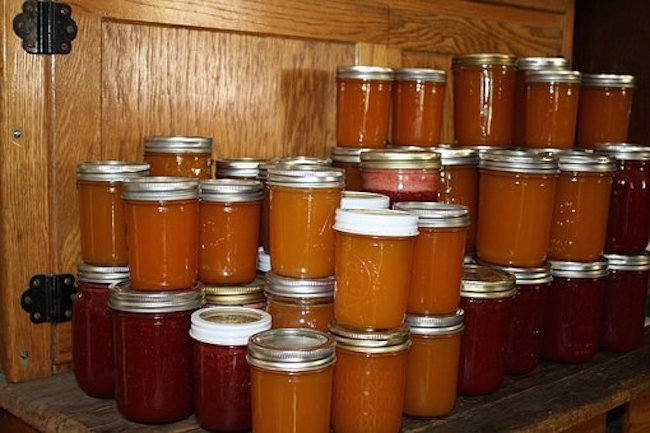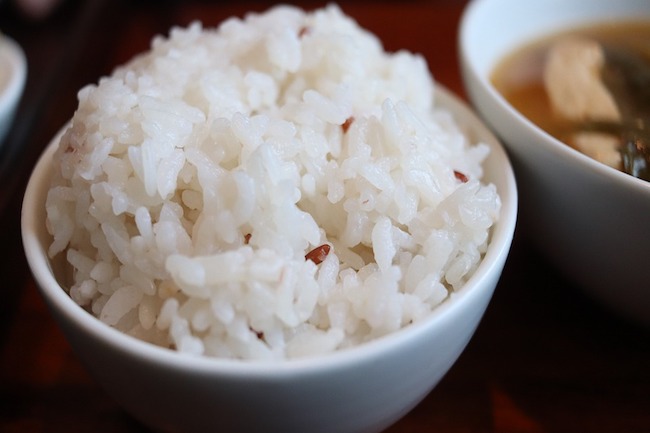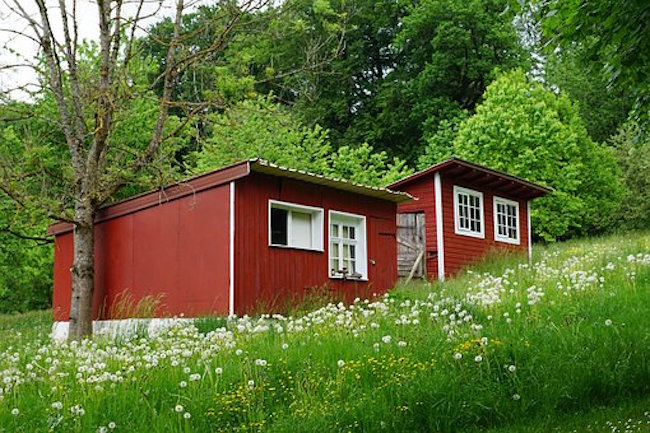PREPPING TIPS: PREVENT MOLD IN YOUR FOOD STORAGE PRESERVES by Mac Slavo for SHTFPlan
Mold can slowly destroy your food supplies if you let it. It’s a huge waste of both money and time, so it’s important to understand how to prevent it.
Mold is a fungus that can be found both indoors and outdoors, in walls, and on everyday items. No one knows how many species of mold exist, but some professionals estimate that number ranges from tens of thousands to three hundred thousand and possibly more. Mold spores can survive harsh environmental conditions, such as dry conditions, that do not support normal mold growth.
In order to protect your family, here are a few tips to help you prevent mold in your stored preserved foods:
REDUCE HUMIDITY IN STORAGE AREA
Try to keep the place (whether it’s a basement or crawlspace) where you have chosen to store your food dry and free from moisture. If you live where it’s humid, consider using a compact dehumidifier. A dehumidifier will remove any moisture in the air and if needed, the water that is removed could be drinkable, but make sure you filter it with at least a life straw just to be safe.
REPAIR ANY WATER DAMAGE IMMEDIATELY
If your home takes on some water damage, you will want to take action immediately and repair it as soon as possible to prevent mold. For proper water damage restoration, an air blower is extremely useful. An air blower helps to dry any water left on floors, carpets and other surfaces into the air, allowing them to dry completely until you make repairs. Most likely you have heard of air blowers being used to help dry carpets or flooring after a flood.
CAN YOUR FOOD USING A PRESSURE CANNER
Mold can be toxic, so you will never want to eat the food if there’s a funny smell to it, it’s bubbly, or you see any mold. Don’t scrape off the mold and use what’s left either. Throw the entire jar of food out and resanitize your jar before using it again. It’s better to be safe, especially during a SHTF situation.
Pressure canning is your best bet to prevent mold. Some high acid foods can be water bath canned, however, many preppers still prefer to pressure can everything. During the canning process, as the contents boil, food spoilers are stopped and oxygen is expelled from the jar. As the jar cools after processing, its contents shrink and the lid is pulled down flat to form a seal. This prevents further contamination of the freshly sterilized foods inside the jar. Additionally, a pressure canner produces a much higher level of heat and will also help kill the Botulism bacteria, which can only be prevented at very high temperatures.
For more tips about canning, go to Simply Canning. This website is an excellent resource and can help you make sure your food is safe from processing to eating.
Mold can be dangerous, and we do not recommend eating any of the food in any jar or can that has any signs of mold or contamination. Be especially cautious if you choose to can meats or low acid foods. Only use a pressure cooker for these foods and check them diligently for signs of mold when you open them.
Feel free to share any additional tips you might have to help our readers learn how to prevent mold in their stored foods.
*This article contains affiliate links.




